
The awards would recognize solutions that could positively impact the underprivileged in India. (Representative image)
Infosys Foundation, the philanthropic and CSR arm of Infosys, has announced the launch of the second edition of the Aarohan Social Innovation Awards. The award is aimed at accelerating innovation in the social sector. The Aarohan Social Innovation Awards 2019 seek to recognize and reward individuals, teams or NGOs developing unique solutions that have the potential to positively impact the underprivileged in India, at scale.
Speaking at the launch of the second edition of the awards, Infosys Foundation Chairperson Sudha Murty said, “The Aarohan Social Innovation Awards 2018 was a huge success. Infosys Foundation witnessed a very good response from social innovators across the country and eventually, 12 leading innovators were recognised and awarded. The overwhelming response we got last year, has reaffirmed my belief that there are innumerable innovators across India who are looking up to this platform to give wings to their passion by scaling their innovation and impacting millions of lives. With the second edition of the awards, we hope to discover these hidden social innovators across the country and help them scale the power of their social innovations”
The awards will accept submissions across six categories, namely, Healthcare, Rural Development, Destitute Care, Women’s Safety & Empowerment, Education & Sports, and Sustainability.
The submission process for the second edition of these awards commences on July 15, 2019 and will continue till September 30, 2019. Participants can submit entries describing their work in the form of videos that can be uploaded on the Aarohan Social Innovation Awards website. The entries must be of a fully functioning prototype, not just a concept, idea or mock up. Additionally, the project must not be an established commercial venture.
Aarohan Social Innovation Awards will also offer winners an opportunity for residential technical mentorship at the IIT Hyderabad campus for up to 12 weeks to help them further develop and scale their solutions.
A panel of distinguished judges will evaluate and select the winners whose submissions will be assessed on five broad criteria – application to a social problem or need, innovative use of technology, originality of ideas, ease of use and the quality of presentation. The jury will comprise Prof. Trilochan Sastry, former Dean, IIM Bangalore; Padma Shree Arvind Gupta, an Indian toy inventor and science expert; Prof. Anil Gupta, visiting faculty member, IIM Ahmedabad, a globally renowned scholar of grassroots innovations and founder of the Honey Bee Network; Prof. GVV Sharma, Faculty member of the Department of Electrical Engineering and Coordinator, Teaching Learning Centre, IIT Hyderabad; Sumit Virmani, Senior Vice President and Global Head – Marketing, Infosys, and Infosys Foundation Chairperson, renowned author and philanthropist Sudha Murty.


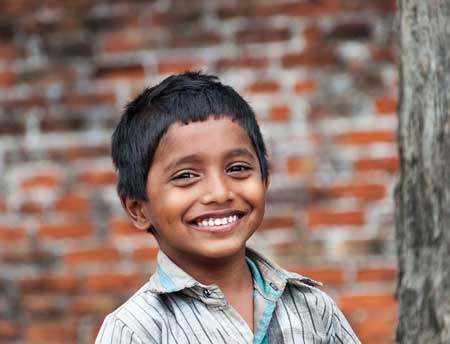
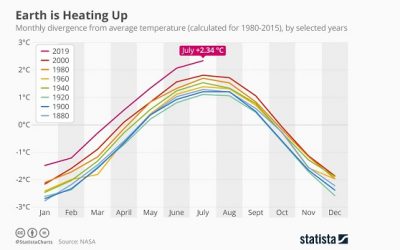

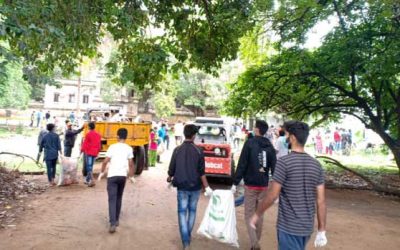
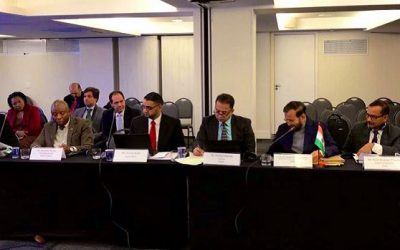

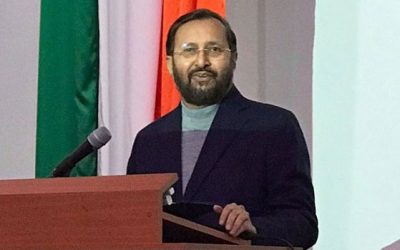
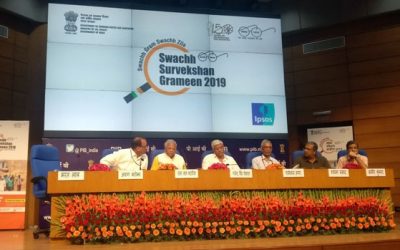
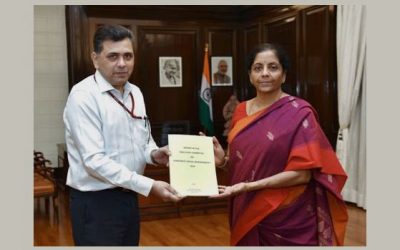
0 Comments